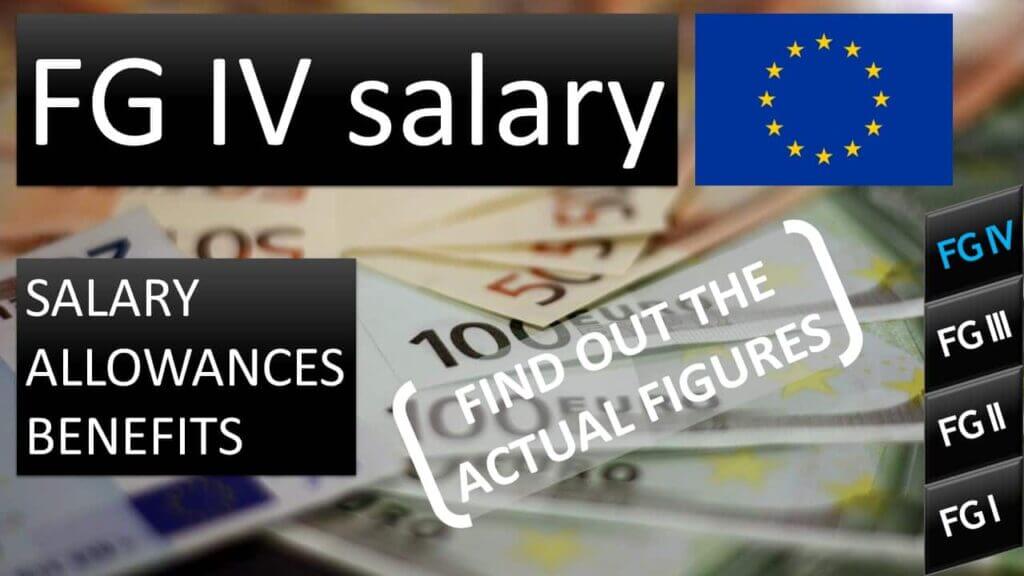Contract renewal in EU institutions refers to the process by which a temporary or fixed-term contract for a staff member is extended, allowing the individual to continue their employment with the institution for an additional period. This applies to staff in several (but not all) categories, namely, Administrators (AD), Assistants (AST), Contract Agents (CAs), and Seconded National Experts (SNEs), depending on their initial contract terms and the rules governing their employment. For some staff categories, their contracts can become indefinite, while for others there’s a maximum period to which a contract can be extended.
Administrators and Assistants are initially hired for a fixed term, usually, 5 years, and their contracts can be renewed. The contract can be extended by another 5 years. If a contract is extended for a second time and past the 10-year mark, the contracts become indefinite and the Administrator or Assistant becomes an EU Official.
Regarding Contract Agents, it’s important to discern if a person is hired under Article 3a or Article 3b of the Staff Regulations and Conditions of Employment of Other Servants (CEOS).
So-called ‘Article 3a’ Contract Agents are usually hired for an initial three year period, which can be extended for another three year period. If the contract is extended for a second time (which can happen earlier than six years in the position), the Contract Agent becomes “indefinite”. This contract is usually practiced by EU agencies, but not the European Commission.
So-called ‘Article 3b’ Contract Agents can be hired to a maximum period of six years, after which their employment must be terminated. Often, 3b Contract Agents are hired for periods as short as three months and experience multiple contract prolongations. 3b can be considered a form of ‘precarious employment’. Article 3b contracts are a standard practice at the European Commission.
SNEs are seconded for a fixed period, usually between two and four years. The initial period of secondment is regularly extended for up to four years. SNE contract extensions past four year to the maximum of six years is rare and has to be exceptionally justified with service needs.
Useful resources
CEOS extract
Article 3a
1. For the purposes of these Conditions of Employment, ‘contract staff’ means staff not assigned to a post included in the list of posts appended to the section of the budget relating to the institution concerned and engaged for the performance of full-time or part-time duties:
(a) in an institution to carry out manual or administrative support service tasks,
(b) in the agencies referred to in Article 1a(2) of the Staff Regulations,
(c) in other entities inside the European Union created, after consultation of the Staff Regulations Committee, by specific legal act issued by one or more institutions allowing for the use of such staff,
(d) in Representations and Delegations of Union institutions,
(e) in other entities situated outside the European Union.
Staff engaged for the performance of full-time or part-time duties in Union delegations may be temporarily assigned to the seat of the institution under the mobility procedure set out in Articles 2 and 3 of Annex X to the Staff Regulations.
2. The Commission shall, on the basis of information provided by all institutions, submit a report to the budgetary authority each year on the employment of contract staff, which shall state whether the overall number of such members of the contract staff has remained within a limit of 75 % of all employees in agencies, in other entities inside the European Union, in Representations and Delegations of Union institutions and in other entities situated outside the European Union respectively. If this limit has not been respected, the Commission shall propose to the agencies, the other entities inside the European Union, Representations and Delegations of Union institutions or other entities situated outside the European Union respectively, to take the appropriate corrective measures.
Article 3b
For the purposes of these Conditions of Employment, ‘contract staff for auxiliary tasks’ means staff engaged in an institution within the time limits set in Article 88 in one of the function groups referred to in Article 89:
(a) to perform full-time or part-time duties others than those referred to in Article 3a(1)(a), without being assigned to a post included in the list of posts appended to the section of the budget relating to the institution concerned,
(b) to replace, after the possibilities of temporary posting of officials within the institution have been examined, certain persons who are unable for the time being to perform their duties, namely:
(i) Officials or temporary staff in function groups AST/SC and AST;
(ii) exceptionally, officials or temporary staff in the function group AD occupying a highly specialised post, except Heads of Unit, Directors, Directors General and equivalent functions.
Except in the cases referred to in the second subparagraph of Article 3a(1), the use of contract staff for auxiliary tasks is excluded where Article 3a applies.





Hi, I have a question about the DSA and the address in Sysper. Does this stop the DSA or trigger…